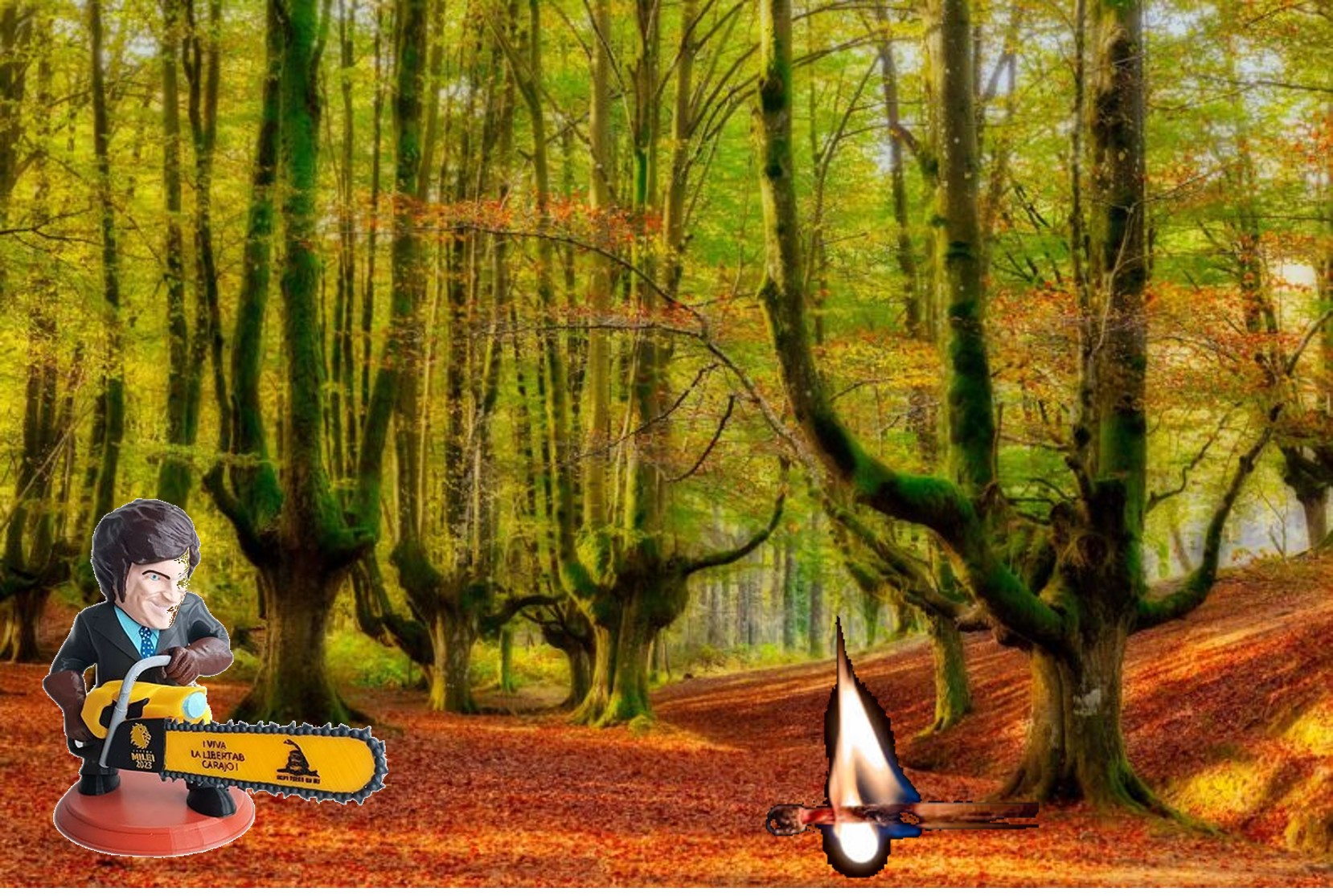Responses to cultural diversity in Basque schools
The current Basque society is culturally very diverse, people from different backgrounds live in the municipalities, and our centers have noticed this cultural diversity, as in recent courses the enrolment of foreign students has increased considerably. According to the latest data published by the Basque Government in EUSTAT, in the Basque Country in 2020, students without Spanish nationality enrolled in the General Regime Teachings non-university in the Basque Country amounted to 38,661, if to this we add those from different Spanish autonomous communities and students from different ethnic groups found in our territory, cultural diversity is manifested in several Basque schools. For this reason, there is a need to provide effective responses to this situation, as the Basque educational curriculum (Heziberri) does not define any principle for the management of cultural diversity. Therefore, the full participation of the educational system is essential to find a solution that allows the integration of all students, as well as their cohesion and coexistence.
First of all, before explaining the actions to be taken to deal with the situation, there is a need to clarify some concepts that we frequently use but whose meaning is not exactly known.
On the one hand, multiculturality is the ethnic, national, linguistic, religious and socioeconomic plurality that exists in society and that is the result of the confluence of many cultures in a territory, even if there is no relationship between them. However, this situation does not bring wealth for itself or for human groups, precisely because of the lack of interaction between cultures.
On the other hand, when we talk about integration or socialization, we tend to assimilate. Without noticing, a process of construction of a homogeneous society is established in which immigrants adapt and adapt to the host society, ignoring the peculiarities of their culture of origin.
"That the educational curriculum of the Basque Country should integrate Intercultural Education to ensure coexistence in educational centers"
Consequently, the effective solution is the Intercultural Education method developed in Basque schools. In fact, several studies carried out by the United Nations Educational, Scientific and Cultural Organization (UNESCO) have shown that Intercultural Education is the most effective educational model for responding to cultural diversity. Intercultural Education is based on dynamicity, as evolutionary relationships are generated in cultural groups. Cooperative interaction activities generate interactions among students, showing attitudes of tolerance, understanding and solidarity. In this sense, the Centers should develop attitudes of respect and integration with the different cultures and all the subjects of our curriculum have to be of great importance in these objectives, but Heziberri rarely cites the principles of interculturality. It is worth noting, for example, the reference to the term interculturality explained at the beginning of the report Second component of motor competence. “To use the motor behavior to strengthen one’s cultural identity, strengthen the people’s values and recognize and value interculturality and intraculturality”. However, there is very little left and it has to assume all the areas and educational capacities. Therefore, the Intercultural Education developed by the country of Quebec, dependent on the Canadian State, at the end of the 20th century, would be an excellent model of implementation in the Basque Country. Quebec, like the Basque Country, has its own cultural language and identity, with inhabitants of very different backgrounds and with limited legal and political competences, is a territory subject to the laws of a State. Thus, the intercultural education program within Quebec's educational curriculum differs from Canada's integration process. In fact, it emphasises criteria that are more citizen-oriented than cultural, and principles that blur the traces of assimilation are being worked out. In particular, the work on cultural exchanges takes measures to combat racism, intolerance and discrimination. It should be noted that learning French is not a measure of assimilation, but is used as a resource for equality and integration. For this reason, this example is valid for our territory and the Basque country will have to play a similar role in Basque education. For example, consider Euskera and the Basque culture as a central element of integration, participation and equal opportunities and not as a sign of identity of the majority, but as a sign of identity of all the inhabitants of Euskal Herria, regardless of their origin.
Therefore, in view of the above, the Basque educational curriculum should include cultural proposals, training, training, educational methods or pedagogical materials to be implemented at the educational level. There is a task to develop an effective curriculum that integrates interculturality. Through this work, the knowledge of the different cultural perspectives of the students will be worked out, the socio-linguistic and cultural exclusion will be eliminated and school failure in the centers will be avoided. To do this, the faculty will have a support with a curriculum in which the intercultural principles are worked to investigate, design, implement in the classroom the integration of cultures and associations of students of different origin, as well as the sharing of the groups.
In short, we live in a globalised world in which very different cultures and customs coexist. This entails many consequences: students meet with colleagues from different cultures and customs, which can greatly influence their educational development process. It is clear that the educational curriculum of the Basque Country must integrate Intercultural Education to ensure coexistence in educational centers. For this, it is necessary to use the Basque and Basque culture in schools as a means of meeting, of integration and of equality between the cultures of the students and not as a measure of cultural assimilation. With all this, the education of Euskal Herria will become a cosmopolitan.
Bidali zure iritzi artikuluak iritzia@argia.eus helbide elektronikora
ARGIAk ez du zertan bat etorri artikuluen edukiarekin. Idatzien gehienezko luzera 4.500 karakterekoa da (espazioak barne). Idazkera aldetik gutxieneko zuzentasun bat beharrezkoa da: batetik, ARGIAk ezin du hartu zuzenketa sakona egiteko lanik; bestetik, egitekotan edukia nahi gabe aldatzeko arriskua dago. ARGIAk azaleko zuzenketak edo moldaketak egingo dizkie artikuluei, behar izanez gero.
You may not know who Donald Berwick is, or why I mention him in the title of the article. The same is true, it is evident, for most of those who are participating in the current Health Pact. They don’t know what Berwick’s Triple Objective is, much less the Quadruple... [+]
The article La motosierra puede ser tentadora, written in recent days by the lawyer Larraitz Ugarte, has played an important role in a wide sector. It puts on the table some common situations within the public administration, including inefficiency, lack of responsibility and... [+]
Is it important to use a language correctly? To what extent is it so necessary to master grammar or to have a broad vocabulary? I’ve always heard the importance of language, but after thinking about it, I came to a conclusion. Thinking often involves this; reaching some... [+]
The other day I went to a place I hadn’t visited in a long time and I liked it so much. While I was there, I felt at ease and thought: this is my favorite place. Amulet, amulet, amulet; the word turns and turns on the way home. Curiosity led me to look for it in Elhuyar and it... [+]
Adolescents and young people, throughout their academic career, will receive guidance on everything and the profession for studies that will help them more than once. They should be offered guidance, as they are often full of doubts whenever they need to make important... [+]
It will be two or three weeks since I read it, in a column by Maialen Akizu. Aner Peritz brought with him what he said on TV: “Bertsolarismo is what has led me not to interact with zis hetero men, because bertsolarismo is what has made me dissident, and also because... [+]
If that's the fear. Donald Trump seems to have come to occupy Washington’s rounded office for a long time. He has a second mandate, but to his close advisers, confirming that he is not joking, he also mentions his rigid goal of changing some isolated numbers in the Constitution... [+]
Ansorena´tar Joseba Eneko.
Edonori orto zer den galdetuz gero, goizaldea erantzungo, D´Artagnanen mosketero laguna edo ipurtzuloa, agian. Baina orto- aurrizkiak zuzen adierazten du eta maiz erabiltzen dugu: ortodoxia, ortopedia, ortodontzia... Orduan (datorrena... [+]
“Bag of resilience”, “survival manual”, “backpack of evacuations”: that’s what you can hear in the mouths of the authorities in recent weeks.
Among the declarations of the past month, the European Union has asked the population to prepare a “survival kit” to... [+]
It’s not Christmas Day, it’s Christmas Day that we Basques need. Once a year there are repeated calls from potential patriotic parties and groups, on these dates, the homeland of the Basque Country is the Basque Country/Euskal Herria around the proclamation. It's a matter of a... [+]
Last week I had a nice meeting with a group of women that I hadn’t seen for a long time, and we talked about doing it, linked to spaces of technology and creation.
The oldest of these women, who is on the frontier of retirement, is a programmer and enjoys programming code... [+]
Hainbatetan esan izan didate arkitektoen lanaren gauzarik indartsuena dela ekoizten duguna betikotu egiten dela. Eraikinaren betikotasunak gizakiaren presentzia tenporala gainditzen duela eta geroko etorkizunean iraunkor egingo gaituela. Eta liburu batekin gertatzen ez den... [+]
Many Basque feminists have been disappointed to learn that writer Chimamanda Ngozi Adichie has externalized pregnancy, meaning that a surrogate has fertilized her baby for money.Adichie is the author of the essay We should all be feminists, among others. They have ignored the... [+]


















